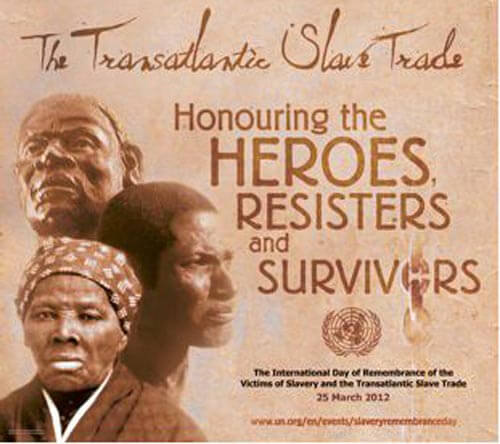Pledges amounting to US$11.5 billion in new funding over the next three years have been made by international donors to fight HIV/AIDS, tuberculosis and malaria in developing countries, including the Caribbean, the U.N. has announced.
“At a time when so many governments are tightening their belts, these commitments send a powerful message,” U.N. Secretary-General Ban Ki-moon, said at the end of a two-day replenishment meeting for the Global Fund to Fight AIDS, TB and Malaria at U.N. headquarters on Oct..5,
“It shows that many world leaders want to do the right thing beyond their borders, too,” Ban added.
The secretary general said, however, that the demand for funding will outstrip even the important commitments made at the meeting.
“That means we must continue to mobilize more resources, more will, more quickly.”
“This work is not just about replenishing the fund; it is about replenishing hope and dignity in people’s lives.”
Over the past eight years, the U.N. said programs supported by the Global Fund have saved an estimated 5.7 million lives, provided AIDS treatment for 2.8 million people and TB treatment for 7 million people, and distributed 122 million bed nets to prevent malaria.
The Caribbean is second to sub-Saharan Africa for the number of people infected with HIV, the virus that causes AIDS.
The Global Fund was created in 2002 to scale up resources to fight three of the world’s most devastating diseases, and to direct those resources to areas of greatest need.
To date, the U.N. said it has committed US$19.3 billion in 144 countries to support large-scale prevention, treatment and care programs against the three diseases.
Member States reaffirmed their commitment to ambitious targets to eradicate disease and poverty by 2015.
But while welcoming the pledges made, the executive director of the fund, Michel Kazatchkine, noted that they are not enough to meet expected demand.
























